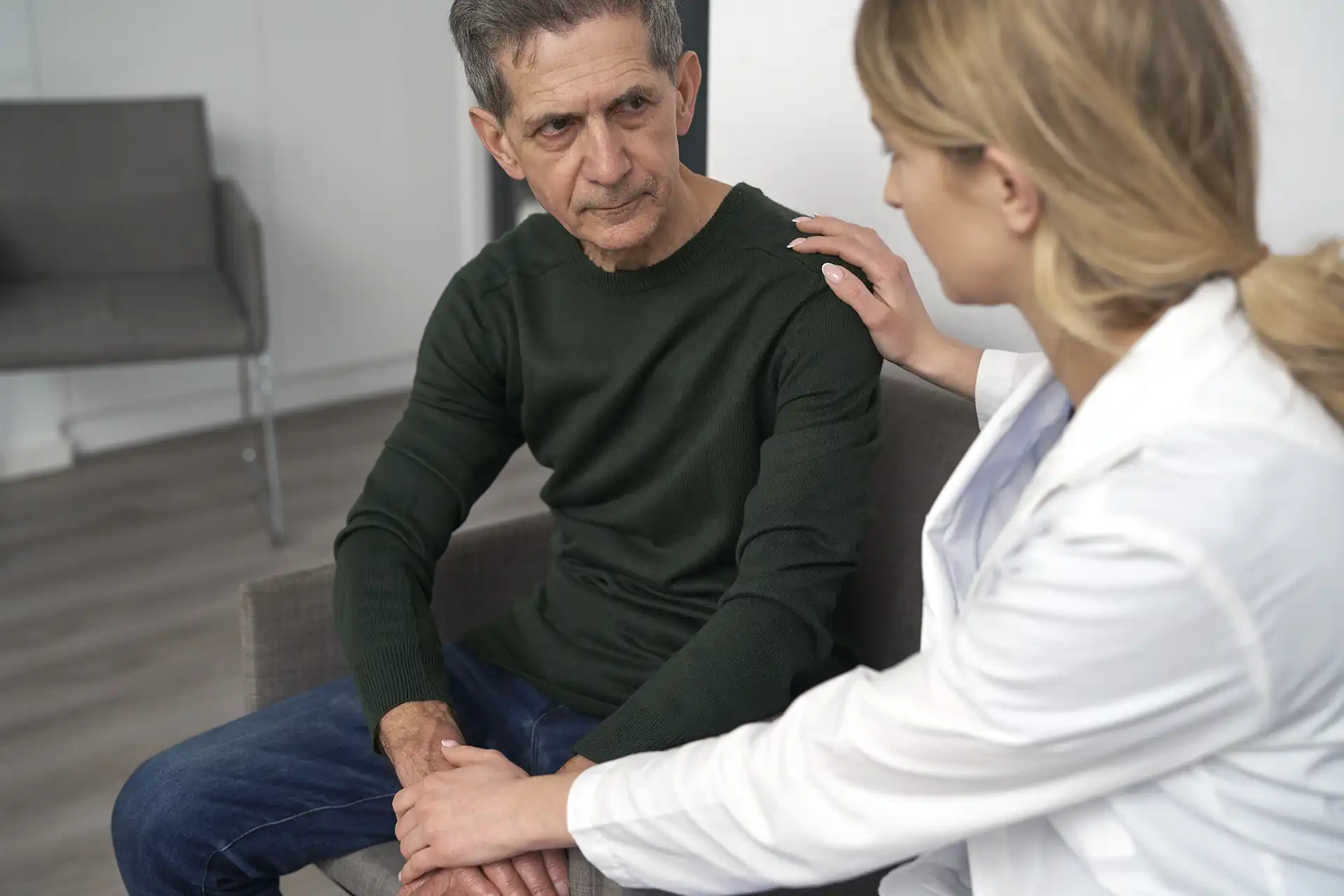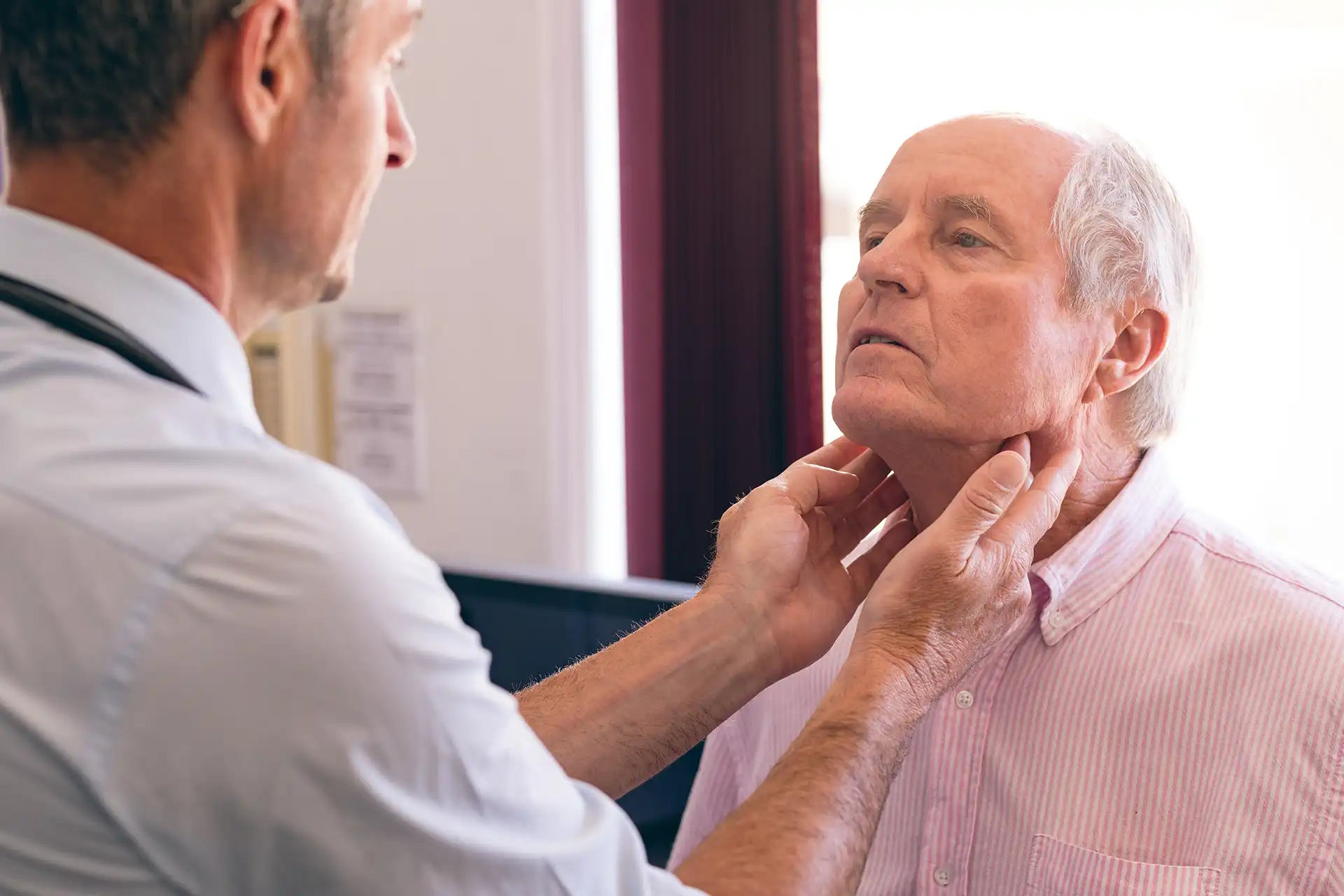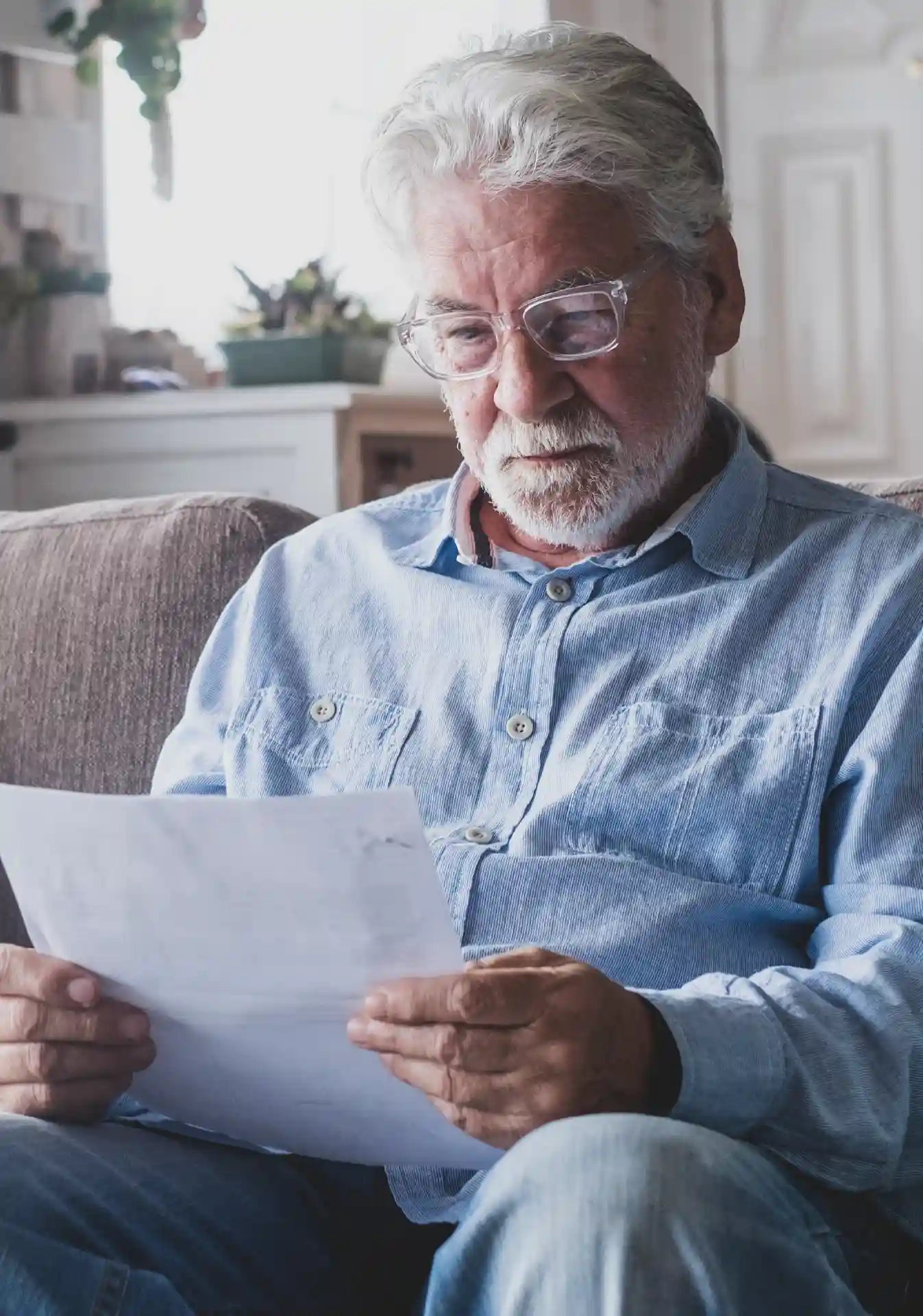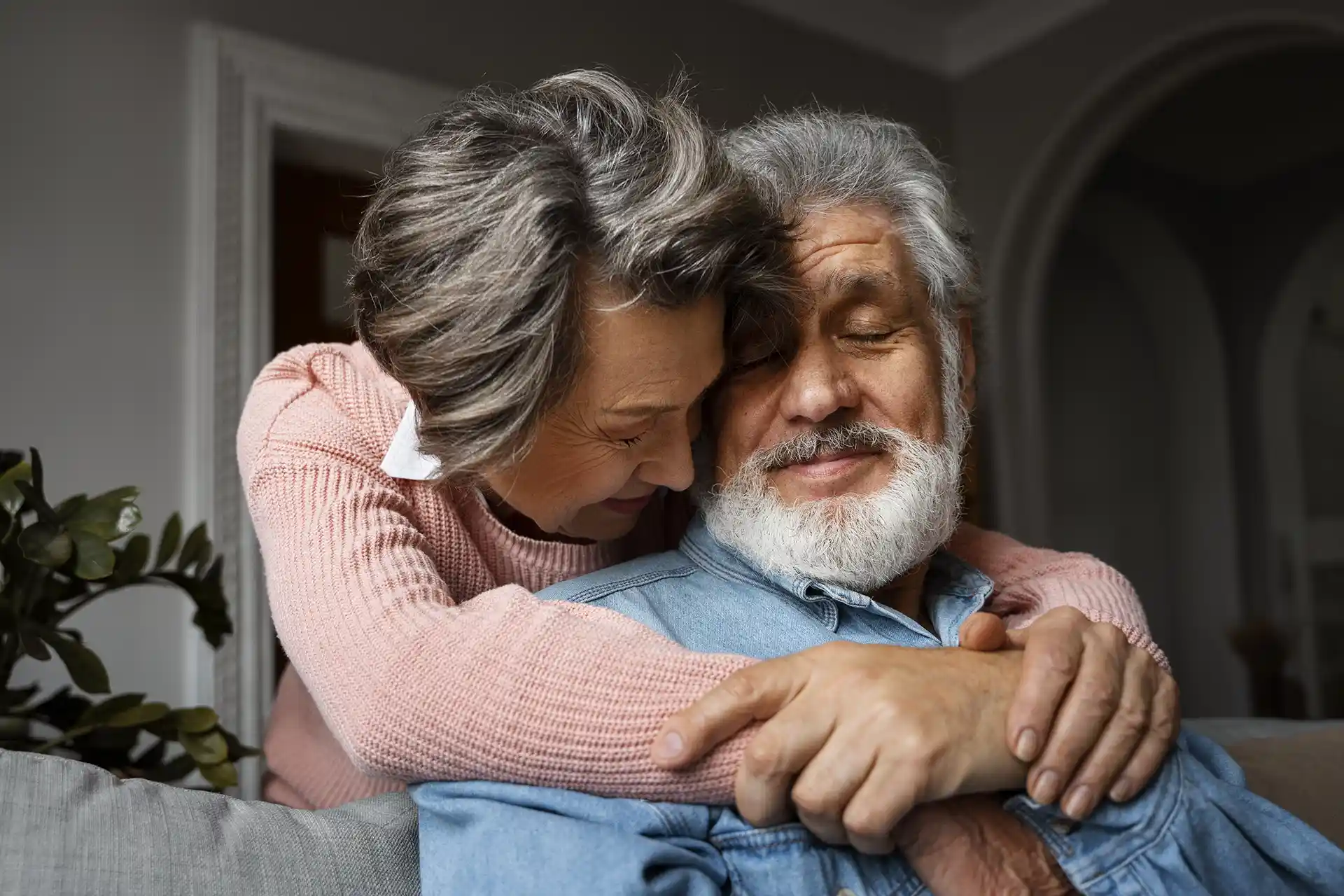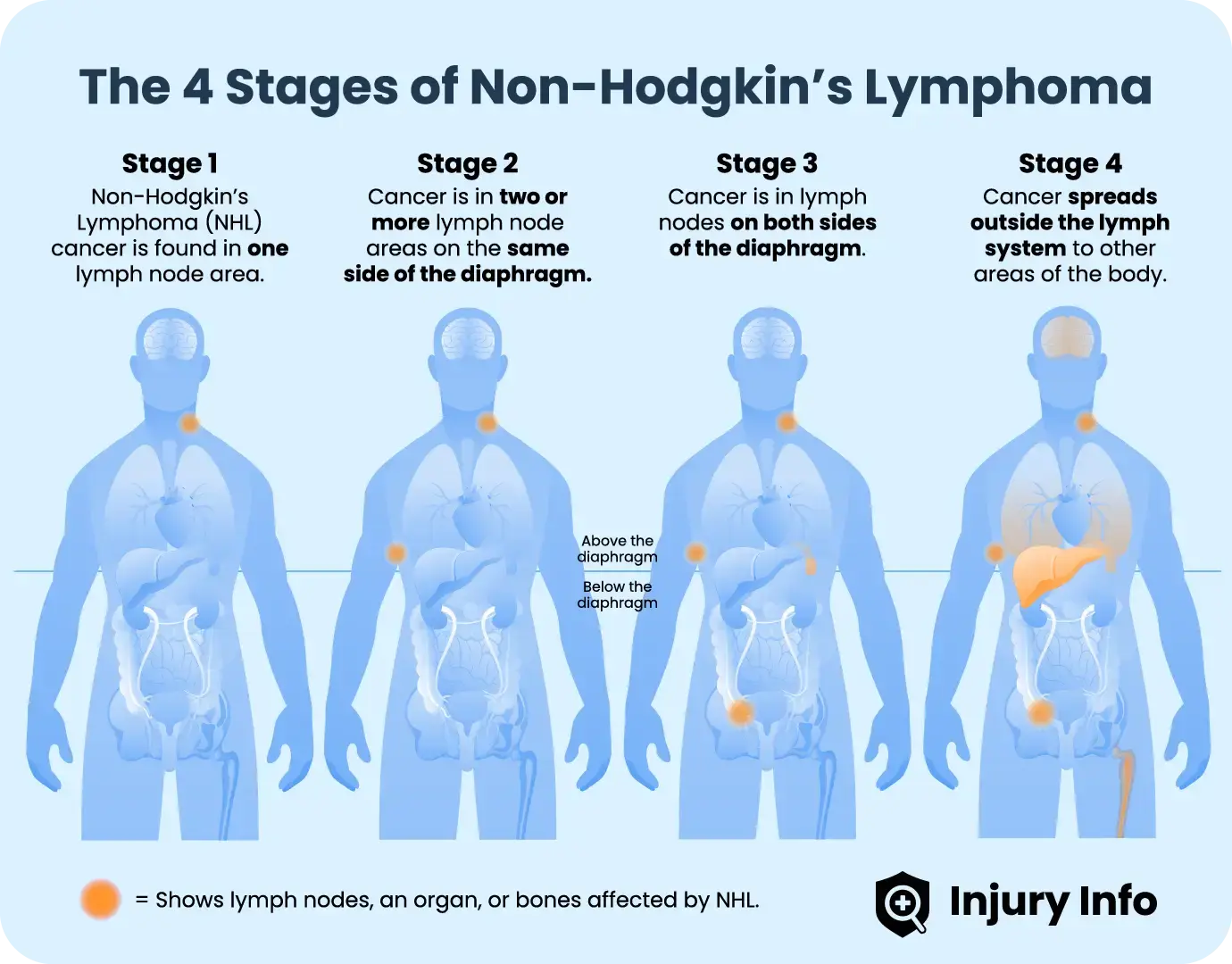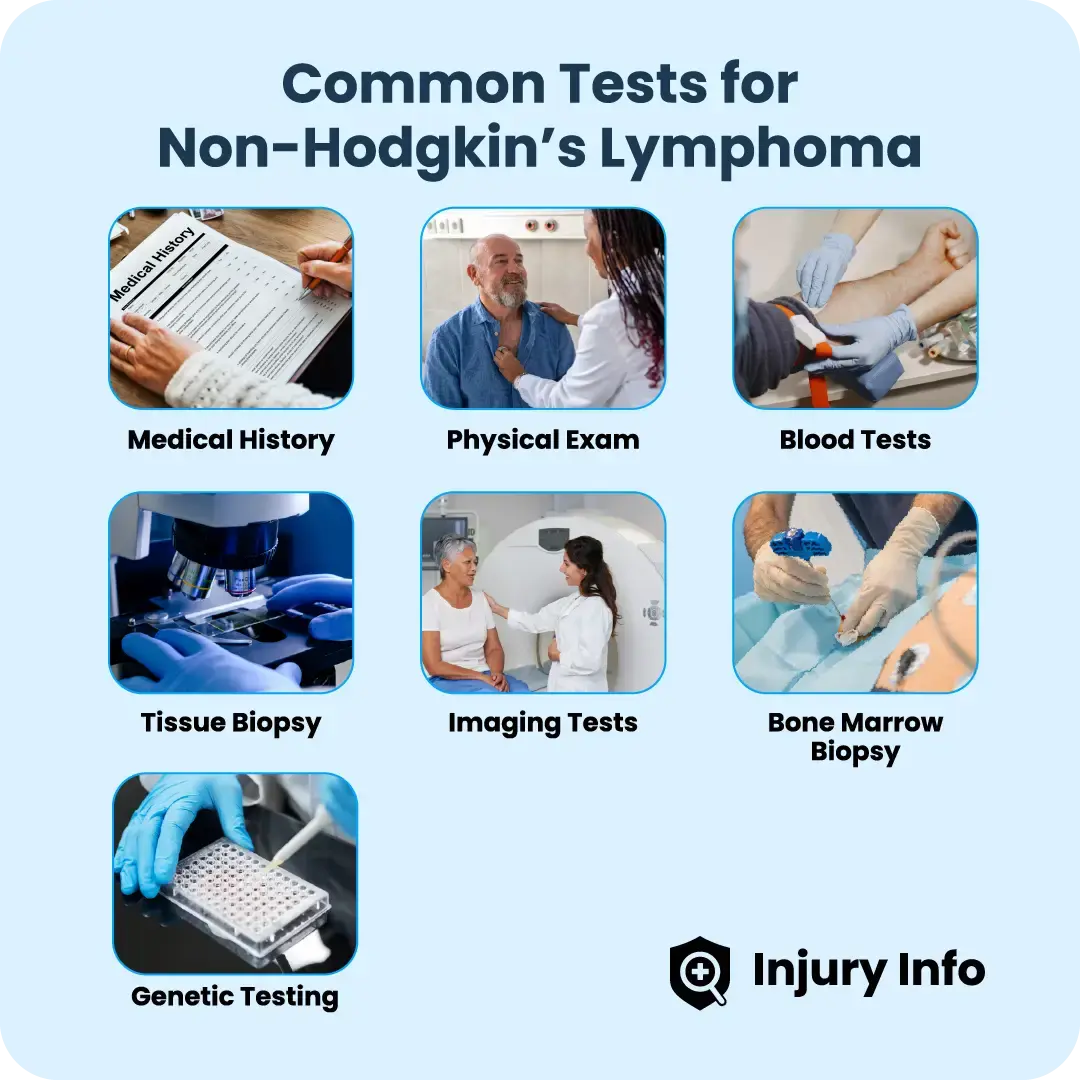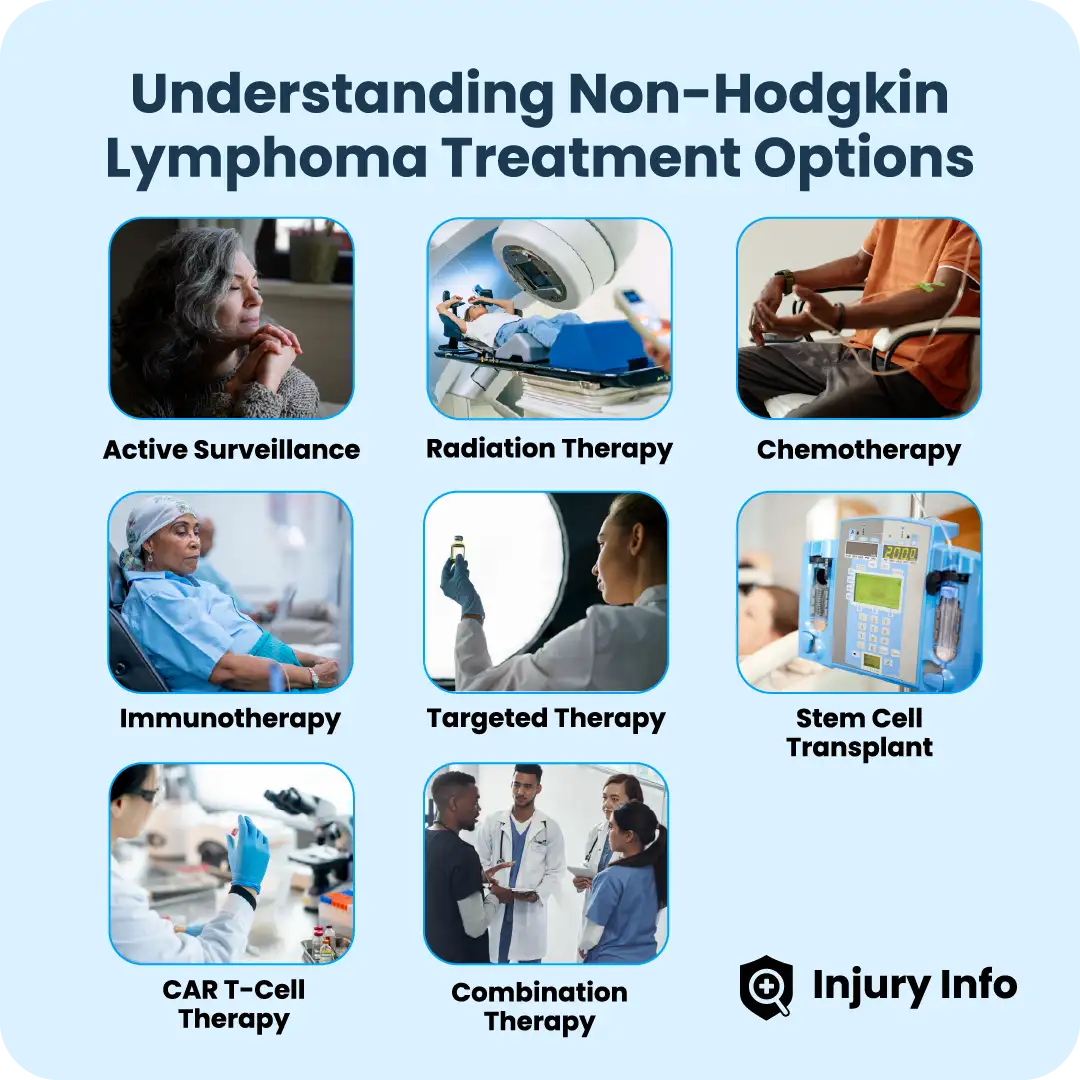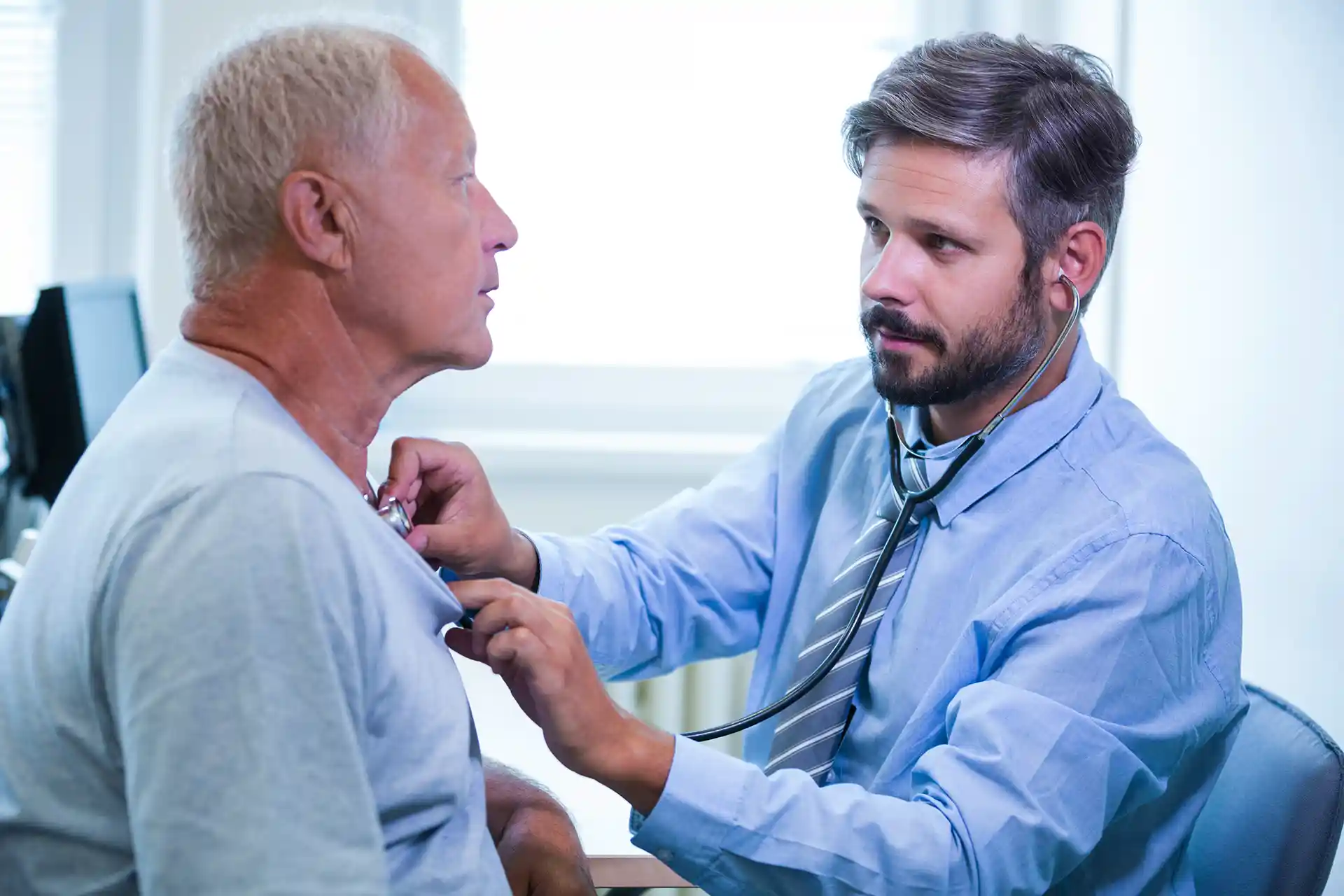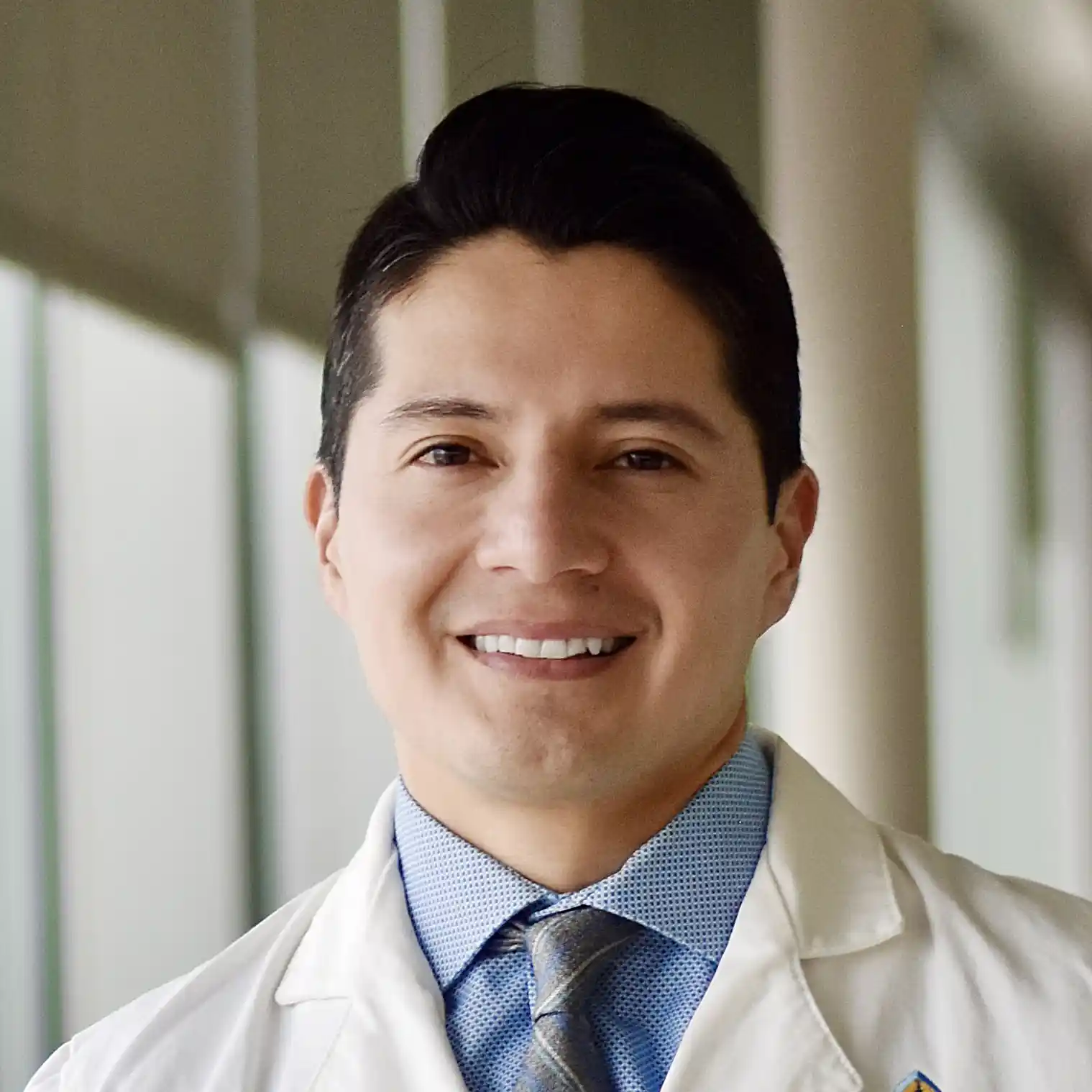I’ve just been diagnosed with non-Hodgkin lymphoma. What should I know?
Non-Hodgkin lymphoma is a rare and serious cancer of your lymphatic system. It’s normal to feel shock, fear and anxiety after being diagnosed. The disease can be potentially life-threatening, but many people respond well to treatment and live full, meaningful lives following their diagnosis.
Understanding your specific type of non-Hodgkin lymphoma and the different non-Hodgkin lymphoma stages can give you a better idea of what’s ahead. New treatments and medical advances give you options, so it’s important to speak to specialists and work with your care team to create a plan that’s right for you.
A non-Hodgkin lymphoma diagnosis can turn your life upside down. Along with medical care, you might also want to find emotional support, get help with everyday challenges and explore resources for financial assistance.
